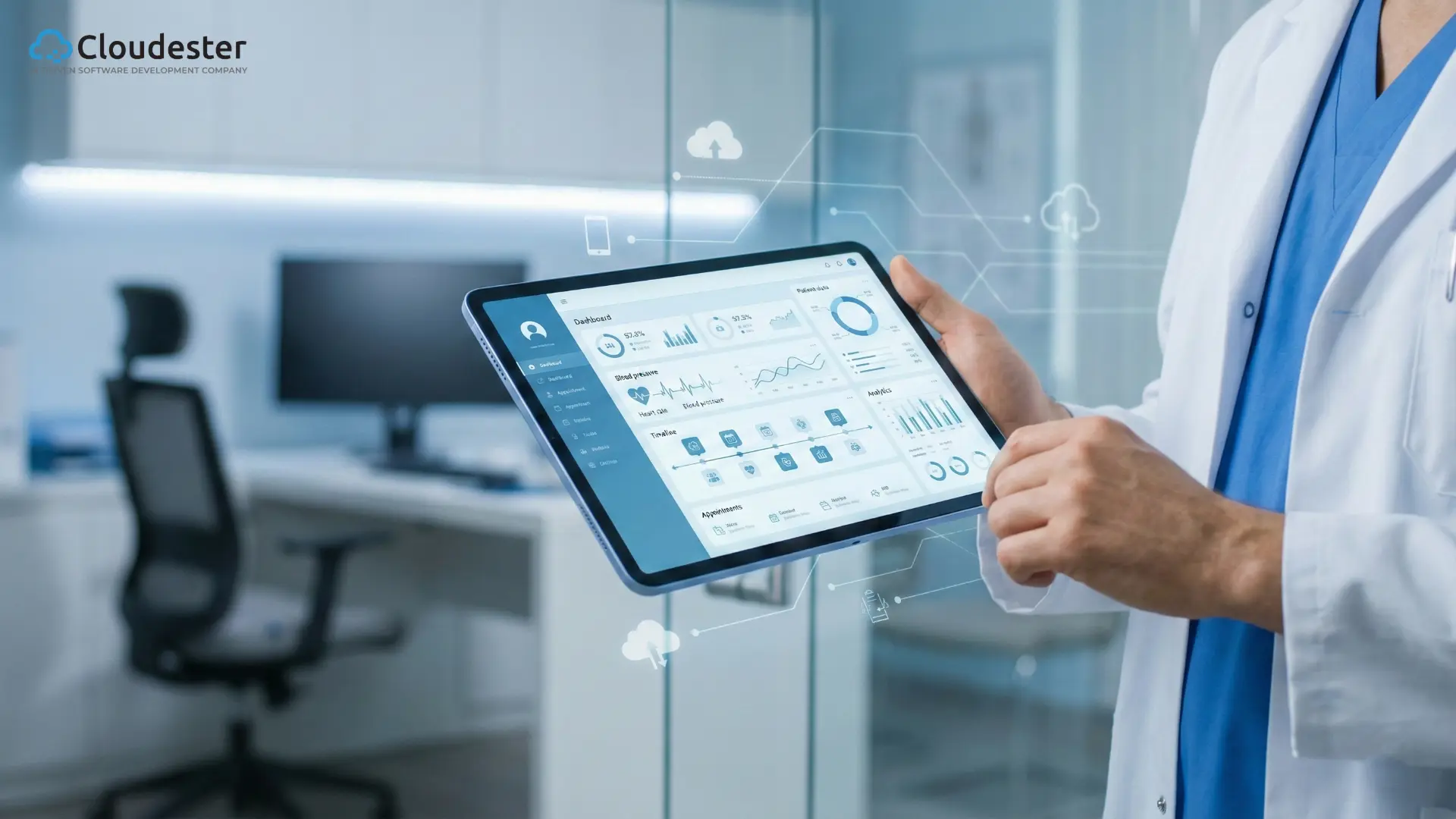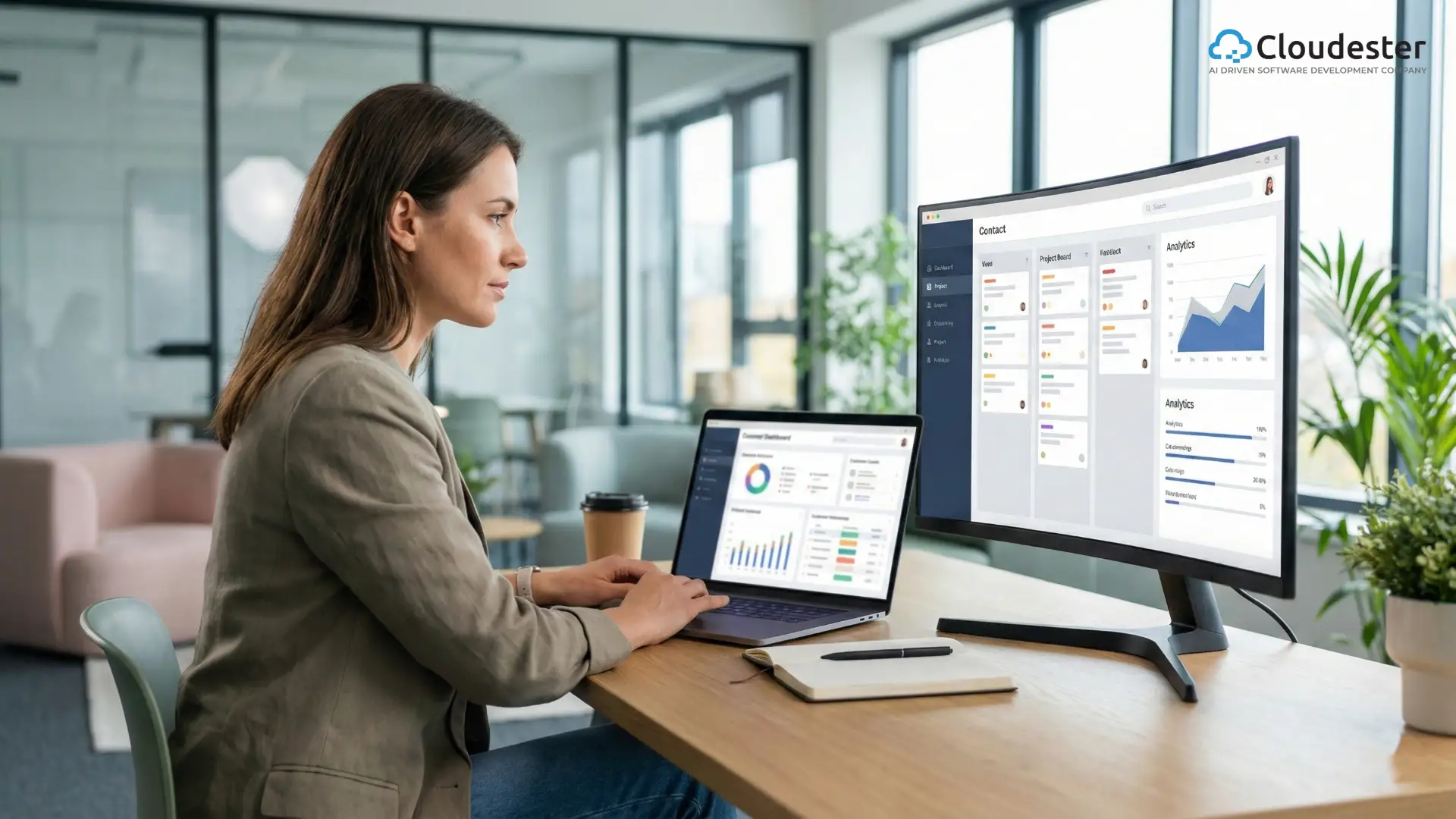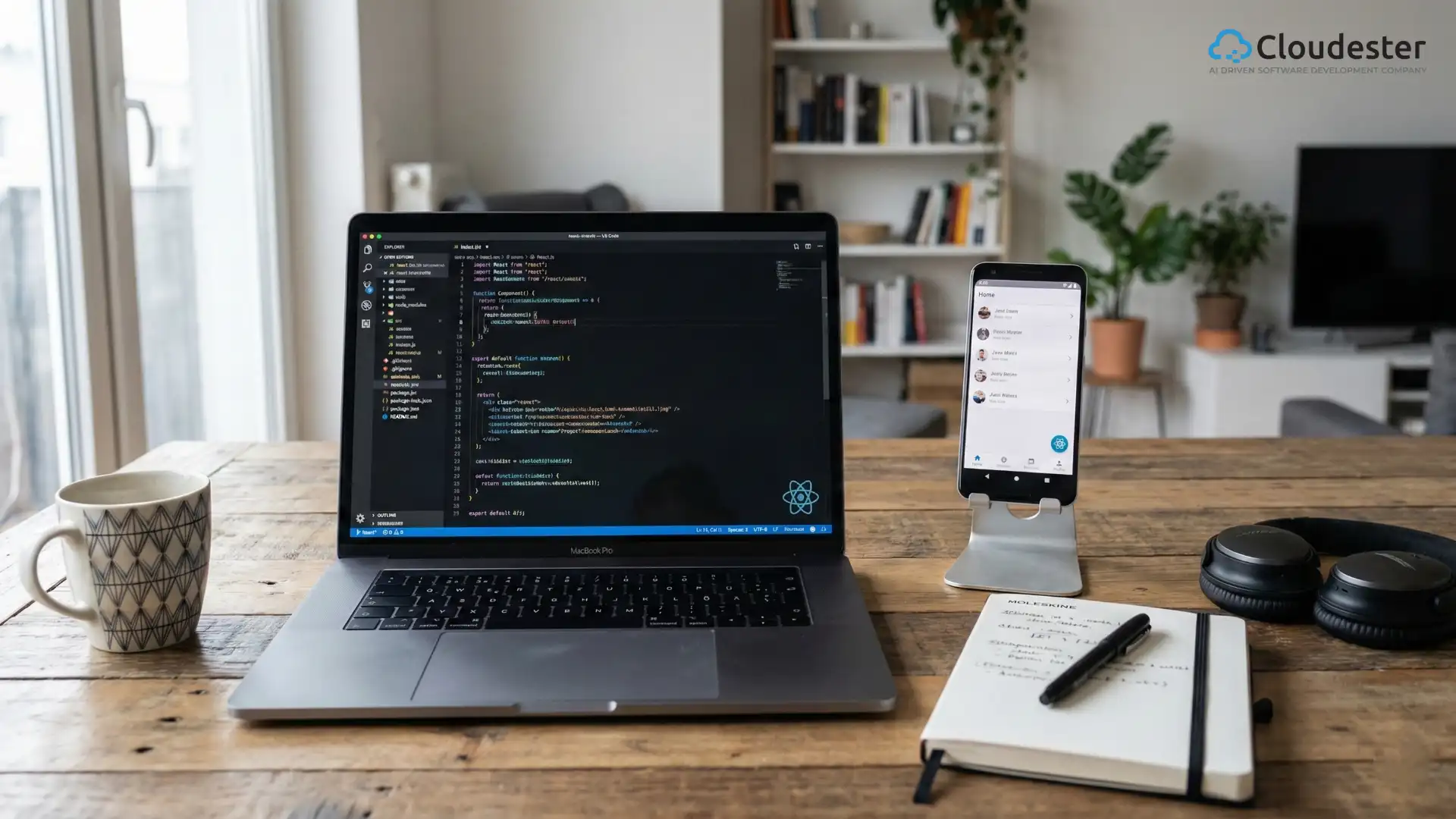All You Need to Know About SaaS as a Security

Software as a service (SaaS) is a software licensing and delivery paradigm in which software is licensed on a subscription basis and is hosted centrally. It is also known as “on-demand software” and was formerly known as “software plus services” by Microsoft. On-demand software and Web-based/Web-hosted software are other terms for SaaS applications.
Users generally access SaaS applications are using a thin client, such as a web browser. SaaS has become a popular delivery model for a wide range of business applications, including office software, messaging software, payroll processing software, DBMS software, management software, CAD software, development software, gamification, virtualization, accounting, collaboration, customer relationship management (CRM), management information systems (MIS), enterprise resource planning (ERP), and invoicing.
SaaS Security –
Most corporate apps and data were housed on in-house servers until a few years ago. From a security standpoint, this placed the whole burden on the operation, but at least it was apparent what needed to be guarded — and how to do so. The infrastructure was local and well-known. All of that has changed, however, as more organisations use Software as a Service (SaaS) technologies. SaaS tools operate on the cloud, and the programmes raise new security risks, such as vulnerability to new malware and phishing attempts, as well as the possible disclosure of client data. Businesses, on the other hand, may protect these cloud-based systems using suitable SaaS Security solutions.
The majority of individuals are sluggish when it comes to security. They reuse passwords or save them on their systems, which renders SaaS programmes vulnerable to account takeovers because they are housed in the cloud. One significant benefit of SaaS Security solutions is that it enforces robust authentication procedures, which can prevent accounts from being hijacked by hackers.
SaaS security protects your business clients’ identities and other critical information by tightly guarding staff accounts from hackers. Customers don’t take data breaches lightly, but you don’t have to be concerned since it is well taken care of, with SaaS security services.
SaaS Application Security –
Application security technologies offered as a Software-as-a-Service (SaaS application security) offer significant benefits over on-premises solutions. With cloud-based SaaS application security technologies, there is no hardware to purchase or software to maintain. This setup allows you to reduce capital costs and avoid hiring additional personnel to manage your security solutions. SaaS application security services may be implemented instantly and produce results immediately. This allows you to start creating ROI from day one. As the threat environment evolves, SaaS application security services continuously improve. This ongoing enhancement helps you keep your defenses up to date without the need for frequent upgrades to on-premise equipment.
SaaS security standards –
Because data security is still cited as the top issue for CIOs with outsourced application services, it should be your top priority, along with physical security for its end-users.
Primarily, you must verify that SaaS providers undertake frequent third-party application security assessments and are ready to share the results in writing with you. Several standards govern security audits, and many use SAS-70 widely in the United States. Depending on the application, you might also use other standards such as SysTrust, WebTrust, or ISO 27001/2.
Custom AI Software Development Solution For Enterprises
SaaS security risks –
If a SaaS company hasn’t had its system audited to meet at least one of these established criteria, you face a significantly higher risk. Without proper auditing, you lack assurance that the company’s systems adhere to necessary security and compliance standards. This absence of verification can potentially expose your data to vulnerabilities. You should not put your faith in a vendor that cannot offer you a recent information audit statement.
As part of your due diligence, ensure that the audit statement applies to the SaaS provider’s specific application. It should not merely cover the hosting facility. Unfortunately, new players often use a popular ruse by presenting the audits of their third-party hosting center as their own. Be cautious of this tactic to avoid potential risks. The two are diametrically opposite. Request an audit statement for the specific application you want to use.









